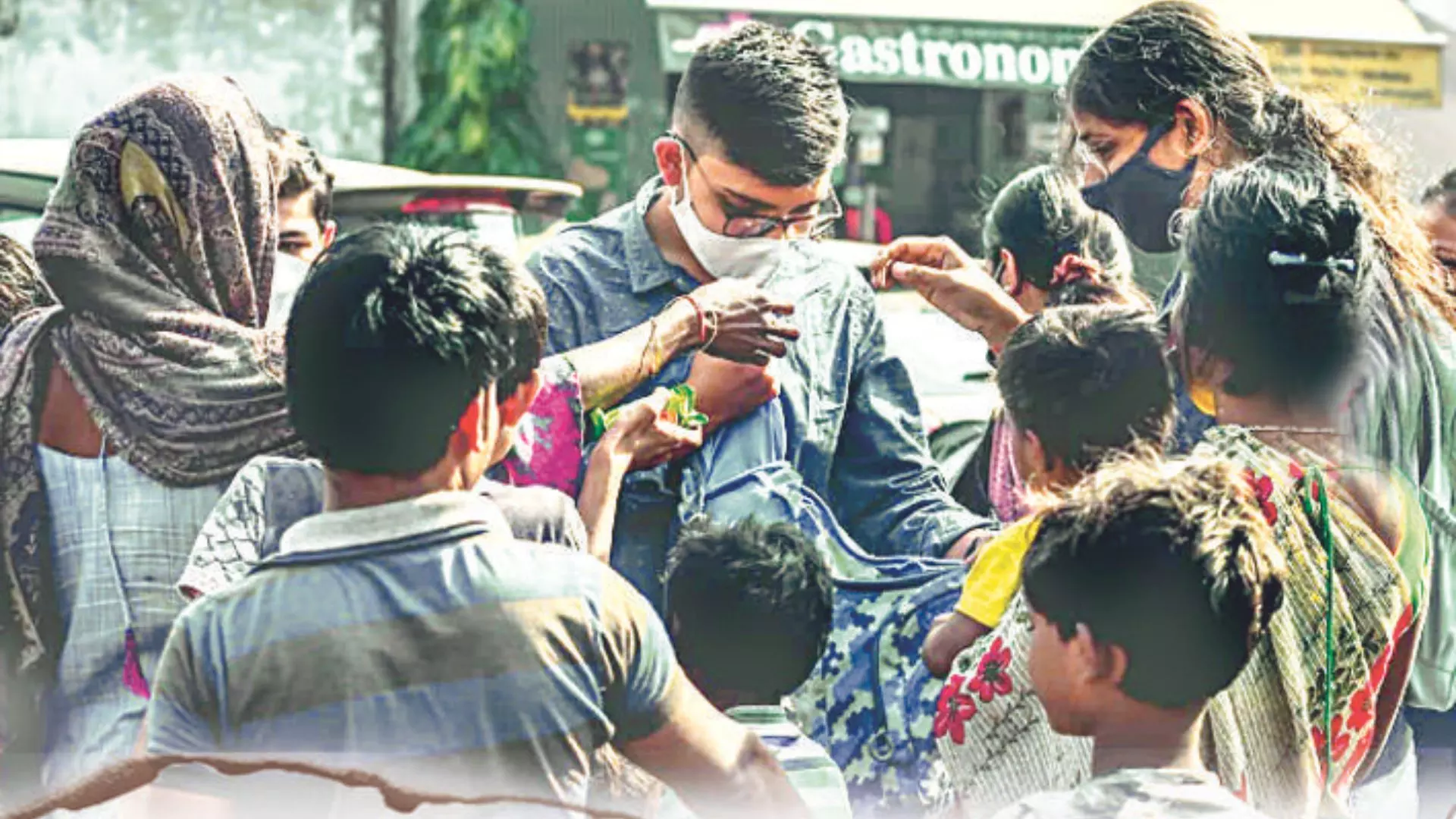Social Work(er) Burnout
Many social workers find themselves battling the very burnout they strive to alleviate in others due to tremendous work pressure, crazy targets, deadlines, and above all emotional and mental stress

Every social worker has a story to tell — a moment of triumph, a life changed. But behind these stories lies a darker narrative of unmet goals, intense workloads, exhaustion, and emotional stress that sometimes threatens to overshadow the euphoria and pride of the profession. Not many know that many social workers often find themselves battling the very burnout they strive to alleviate in others. Studies vary on the statistics of social worker burnout, a phenomenon prevalent globally.
Research indicates that high and medium levels of emotional exhaustion and lifetime burnout affect approximately 70.3% and 85% of social workers, respectively. Additionally, a survey conducted by the Global Development Professionals Network found that 79% of nonprofit staff experience severe burnout, a rate that has notably increased since the onset of the pandemic. 44% of respondents reported symptoms of depression, anxiety, panic attacks, and post-traumatic stress disorder. These conditions contribute to compassion fatigue and depersonalization, affecting about 48.5% of aid workers. These factors inevitably lead to high turnover and low retention rates among workers.
Men At Work
Bezwada Wilson, a Ramon Magsaysay Awardee and human rights activist, founder, and national convenor of Safai Karmachari Andolan (SKA) is renowned for his campaigns to eradicate manual scavenging. He has contributed over 40 years of his life to the cause. “My organisation and I have been working tirelessly without financial assistance/ compensation, driven purely by our passion and commitment.”
However, the lack of registration and governmental support creates significant hurdles, especially when it comes to donations or grants. With no penny in the organisation’s funds, managing human resources and managing them well becomes impossible. That becomes the leading block in implementing burnout prevention strategies. Wilson says, “We wish to stand in solidarity with the government in implementing their policies, but when we point out loopholes in the implementation, we become adversaries rather than allies.
To sustain without attaching yourself to a political party is a huge challenge. Burnout is exacerbated by that lack of support and recognition.” Highlighting the long hours and burnout an average worker faces, Wilson says, “I work up to 20 hours a day, often without breaks. I sleep at 1 am and wake up at 4 am.” The workload is not unique to Wilson alone, but to the team of 6,000 volunteers and staff. The volunteers work for nearly 10 hours. The full-time staff dedicate 14-16 hours daily.
All Work, No Play
In the Indian context, the lack of comprehensive data and surveys leaves the dire state of Indian social workers — who cannot possibly be immune to the challenges faced by their global counterparts — largely uncharted. Social workers, however, are strangely committed. In addition to high workloads and emotional tolls, institutional challenges, insufficient funding, and unpaid assistance can lead to burnout.
Advocate Pranav Trivedi, President of Citizen for Animal Protection took a sabbatical from work due to emotional burnout. “The stress is overwhelming. The organisation tries to mitigate to the best of their ability but it is not always possible,” Trivedi says, adding, “One out of five volunteers succumb and eventually have to leave.” The nature of work warrants excess workload and pressure, the requirement to be everywhere all at once. The organisation receives a minimum of 60-100 rescue calls daily against 10-12 active volunteers which amounts to both increased turnover rate and emotional exhaustion.
Maneka Gandhi, politician, animal rights activist, and environmentalist, lists the factors involved that hinder better working conditions in the field of social work, “Relentless cruelty, persistent hostility, insufficient resources, and minimal support from animal husbandry departments, the police, and the government — compounded by their refusal to enforce legally and constitutionally mandated institutions — contribute to the overwhelming fatigue experienced by activists. Despite challenges and frequent attacks, especially on feeders, animal social workers persist. If they stop, there will be no one left so they keep going,”
Funding Woes
Trivedi echoes Wilson’s thoughts of insufficient funds, hidden agenda, and complicated documentation processes that hinder an NGO from getting registered. “Government support, unfortunately, remains limited in directly aiding organisational needs, highlighting a significant gap. If you don’t have funds, you don’t get registered. If you don’t get registered, you won’t have funds; it is an endless loop.” He feels that the authority/organisation can take in establishing a more comprehensive support system. This includes enhancing corporate responsibility through CSR mandates, ensuring diverse social causes receive adequate attention, not just those with mainstream appeal like education or environmental conservation.
To prevent burnouts, regular checks on well-being rather than performance metrics are essential. This approach seeks to foster a supportive environment where motivation and personal fulfilment drive impactful work, transcending traditional corporate structures.
Another plan of action would be to include implementing frameworks (extending to NGOs as workplaces), backed by indices monitoring mental health and human rights of social workers. It will help bring in support, accountability and foster responsive environment. Moreover, dedicated funding mechanisms (grants) tailored to human resource management, particularly mental health initiatives, can significantly support organisational resilience, mitigate burnout and enhance overall well-being.
Points to Ponder
70.3% to 85% of social workers experience burnout (Social Worker Burnout Statistics)
79% of nonprofit staff experience severe burnout (GDPN)
44% have symptoms of depression, anxiety, panic attacks, and post-traumatic stress disorder
If they (social workers) stop, there will be no one left so they keep going.” — Maneka Sanjay Gandhi, politician, animal rights activist
Burnout is exacerbated by that lack of support and recognition.” — Bezwada Wilson, a Ramon Magsaysay Awardee and human rights activist

